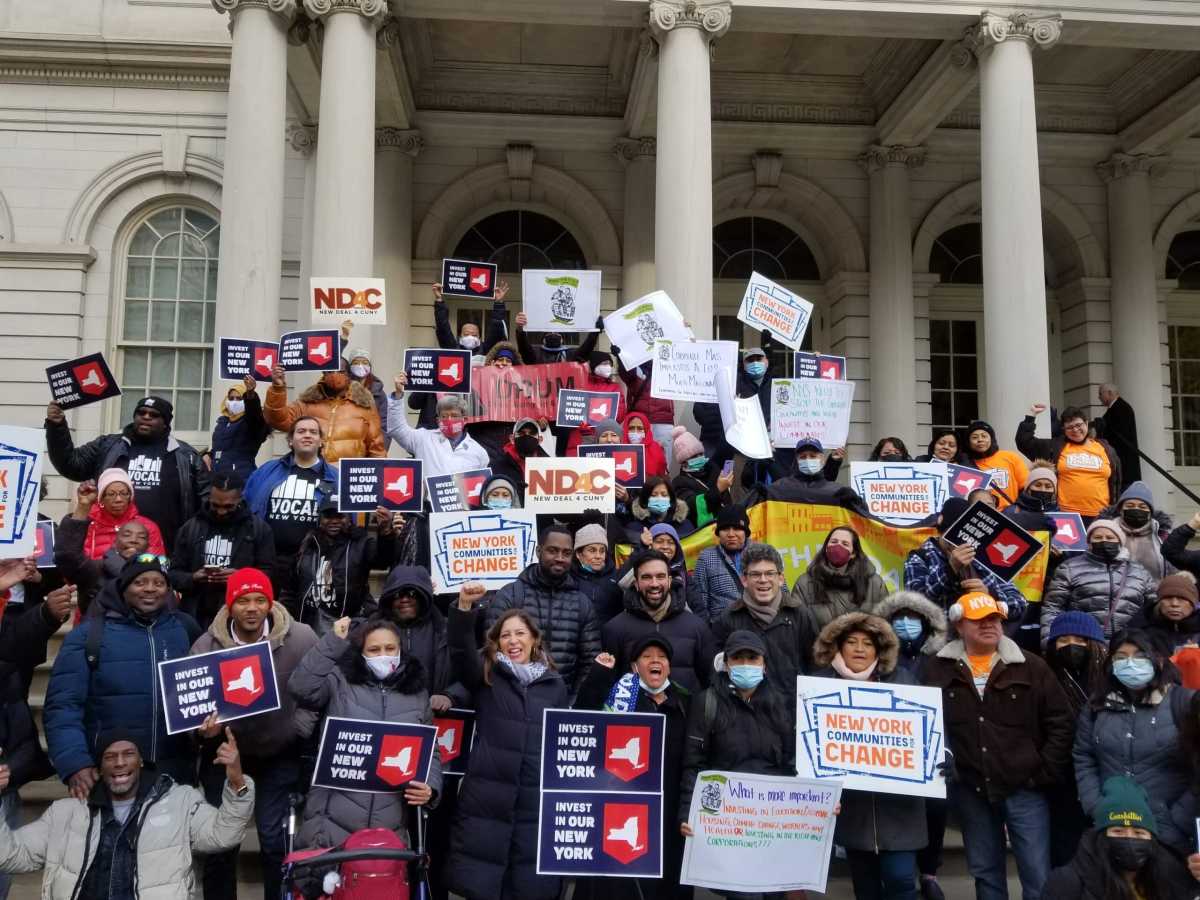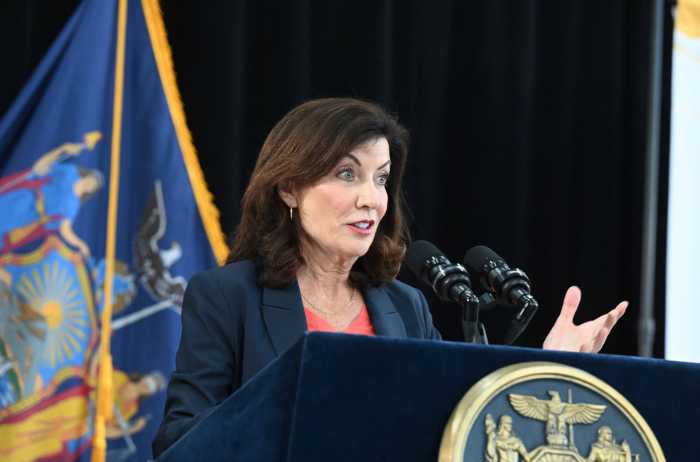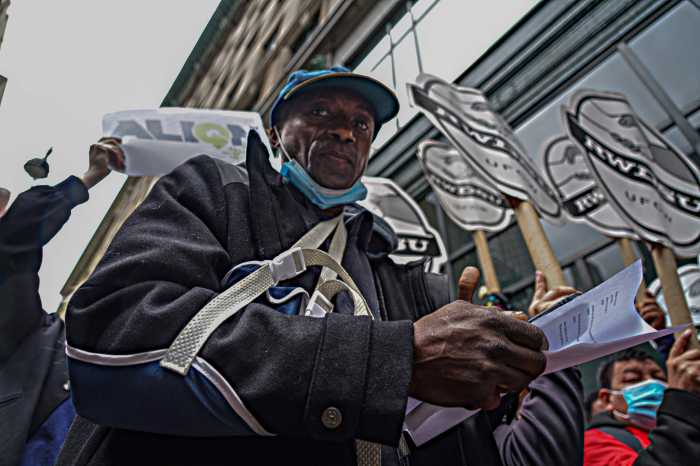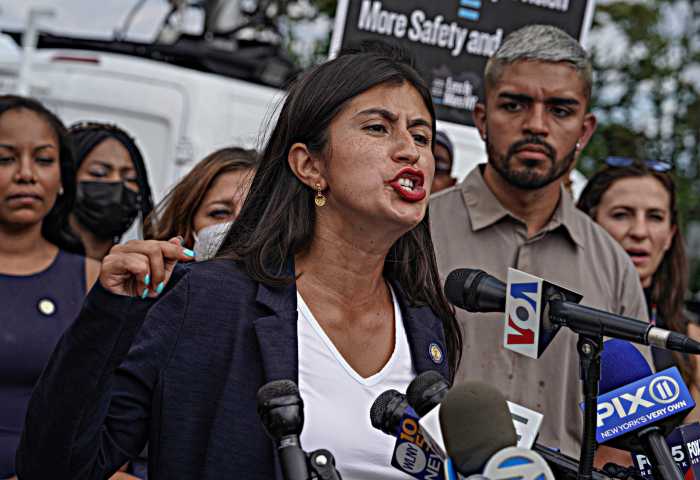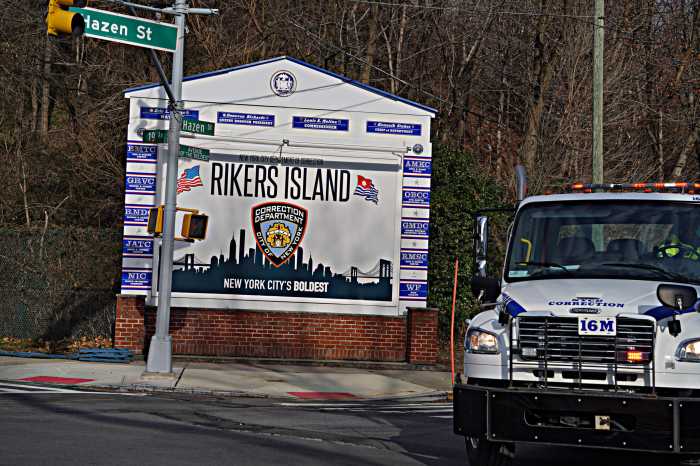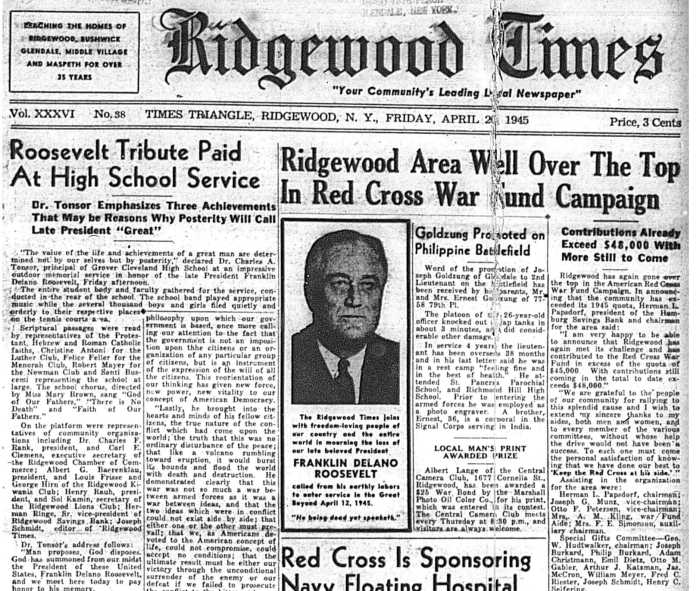A coalition of advocates and elected officials launched a campaign Monday calling on New York to levy $40 billion in new taxes on the state’s wealthiest people, in order to fund a wide array of public investments and social programs.
Members of the “Invest in Our New York” coalition say that the state’s billionaires are doing just fine and can afford a slightly higher tax bill, but that the money can go a lot further supporting the working class, who are struggling to keep up with rising costs for housing, healthcare, and education.
“Everybody always worries about whether billionaires and the wealthy are gonna get up and leave from New York,” said Queens state Senator Jessica Ramos at a rally in front of City Hall on Monday. “I’m sick of seeing working-class New Yorkers have to leave New York state.”
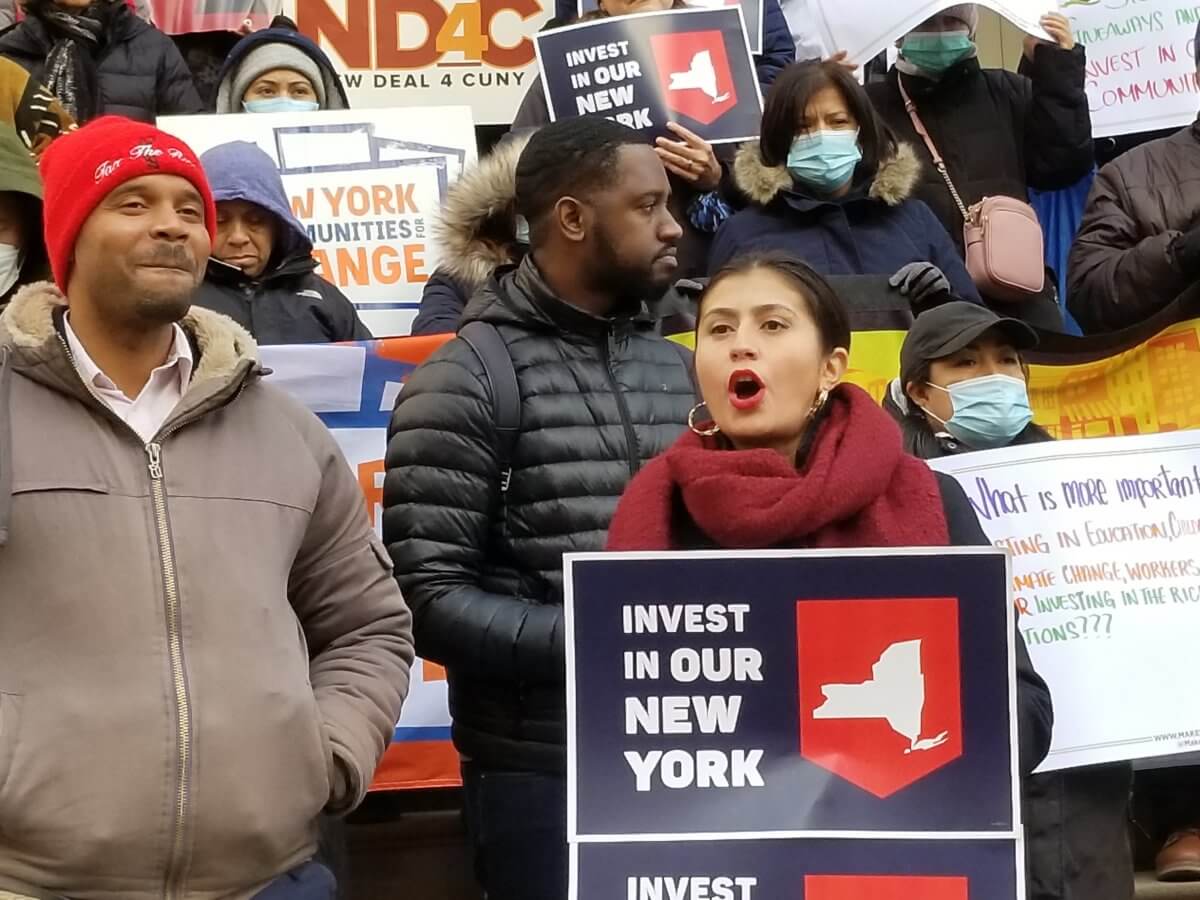
A similar campaign in 2021 yielded long-sought tax hikes on the rich, including the creation of new elevated tax brackets for multi-millionaires and increased corporate tax rates; at the height of the pandemic, advocates also claimed victory in wresting billions of dollars in rental assistance, public school aid, and an “Excluded Workers Fund” from the claws of the state.
But those were yesterday’s moves, and now the state needs to come through even further, the coalition’s progressive members claim.
Billionaires, including the 129 residing in New York State, have seen their collective net worth soar by about $1.5 trillion during the pandemic, according to reports. But with inflation at 40-year highs, the majority of New Yorkers are breaking the bank to cover enormous increases in the cost of rent, food, utilities, healthcare, and other necessities.
This session, the group is calling on Governor Kathy Hochul and state lawmakers to raise income taxes on the top 5% of earners, create a new state inheritance tax, and establish a “mark-to-market” tax on passive investment income like dividends.
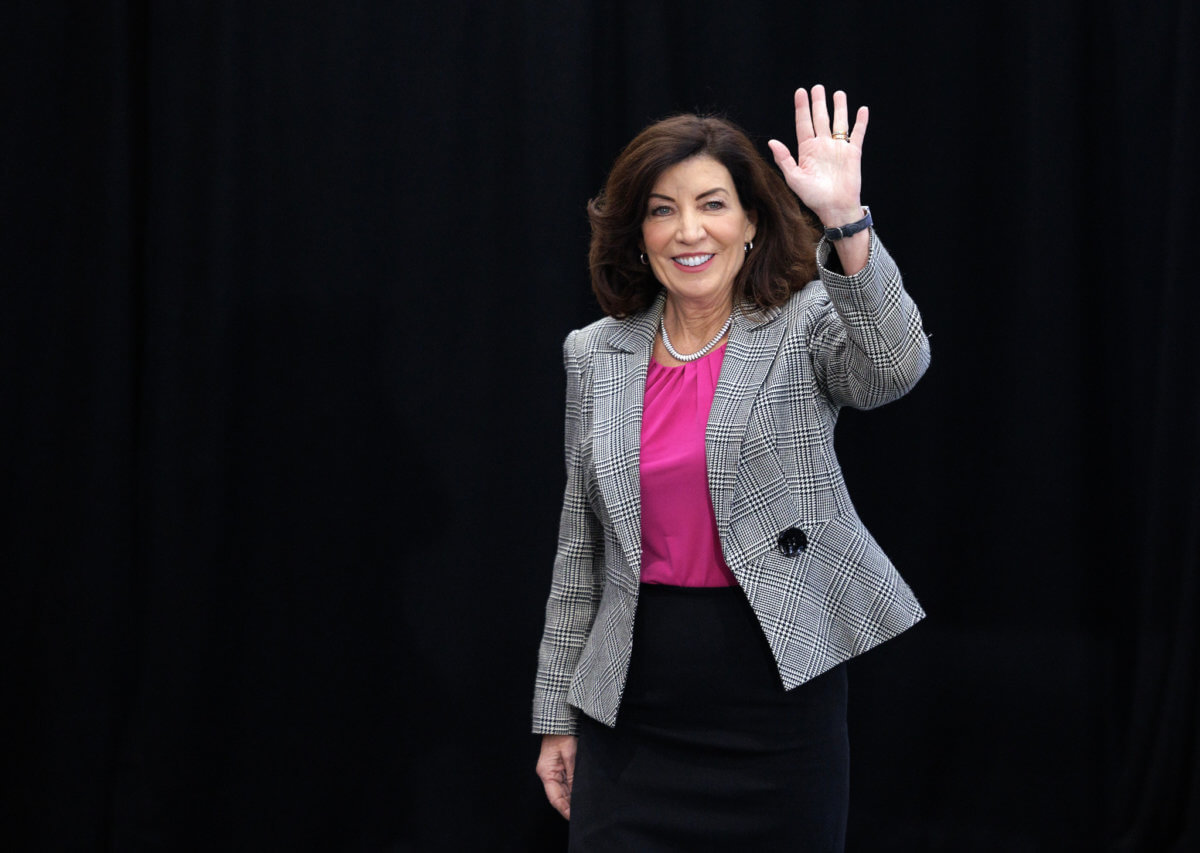
Advocates say the state could invest that windfall in restoring tuition-free education at the City University of New York, creating a universal childcare system, increasing the minimum wage, and establishing an unemployment insurance program for undocumented New Yorkers.
Billions of dollars could also go towards meeting the state’s lofty decarbonization goals, while thousands of New Yorkers could find a stable home through the Housing Access Voucher Program, a proposed housing voucher specifically for homeless people, or those at risk of homelessness.
“Rather than sending even more money to stadiums and tax breaks, we need to invest in housing, in education, in healthcare, in childcare, in clean energy, and in the people of New York,” said State Sen. Jabari Brisport. “So let’s tax the rich.”
Hochul will unveil her 2023 State of the State program next month, and the next state budget is due April 1.
“Governor Hochul’s first budget included record investments in public education, health care, housing and social services,” said Hochul spokesperson Avi Small. “And we look forward to releasing details of the Governor’s State of the State and Executive Budget next month.”
Mike Whyland, a spokesperson for Assembly Speaker Carl Heastie, said the lower chamber leader “will be meeting with our members and discussing many issues with them as we head into the 2023 session.”
A rep for State Senate Majority Leader Andrea Stewart-Cousins did not respond to a request for comment.



